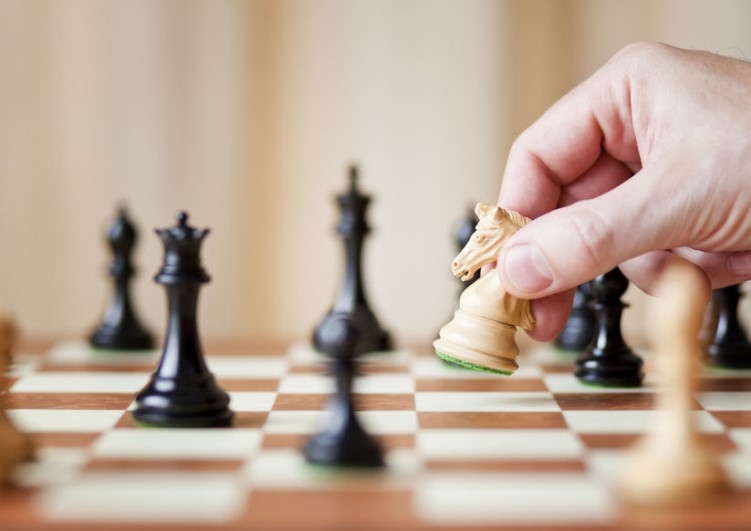Why does the new catch our attention?

Our brain often looks for challenges to stay alert. That is why many people like to face new challenges and seek answers to everything that surrounds them.

Curiosity is not something that only concerns children or cats. Human beings are attracted to the different, the striking and the colorful at any age. Would you like to know why the new catches our attention? In this article we will tell you.
Table of Contents
The new inevitably catches our attention
Physicist Albert Einstein said that he did not possess a special talent but was “passionately curious.” According to him, this was what led him to the discovery of many formulas that until now were unknown.
Although intelligence is measured through the so-called intellectual quotient, curiosity is something that concerns the personality of each one. We are more attracted to the new than to what we already know or know.
When we are curious, there are three areas of the brain that work the most: the prefrontal cortex, the left caudate nucleus, and the hippocampal convolutions. All of them are related to positive emotions and thoughts. Therefore, we are happy if we discover something that until now, we did not know.
Perhaps you have ever wondered why you want to know certain data that will not be useful at all on a day-to-day basis. It is because the mind needs to be distracted and accept new challenges. This means that curiosity is a means of expanding our knowledge and relating to others. On the contrary, those people who are not curious experience many negative emotions.
What does curiosity bring us?
Along with the search for novelty and openness to new experiences, curiosity is represented by the desire of human beings to acquire knowledge. The good news is that we can be curious at any time in life, although it is true that we are most attracted to new things when we are younger.
The process is always the same: first, we come across something that arouses our curiosity. Then we act to learn more about it, either by observing or looking for information.
Now, what is curiosity for? Here are some of its functions:
- It gives a greater sense of control of our abilities.
- Reduce boredom and stress.
- It allows us to make decisions regarding our goals.
- Provides more perseverance.
- It gives us the opportunity to enjoy pleasant moments.
- It allows us to establish more intimate relationships with others.
In addition, the presence of curiosity is associated with better academic performance, since there is a greater involvement on the part of the student in the educational process. In turn, it is associated with self-esteem and greater longevity, as well as a lower risk of suffering from neurodegenerative diseases.
However, in many cases this constant search for novelty can also be associated with negative consequences. For example, impulsiveness, anger, dissatisfaction, addictions, or violent behaviors.
Curiosity and learning
Among all the advantages, increasing knowledge is the most prominent. Having great interest in something that has caught our attention leads us to search for more information. The “interest collectors” know about various topics and retain more information. Curiosity, in addition to helping us learn, gives us an impulse and superior willpower with which to keep going despite adversity.
If we are prone to marvel at something that catches our attention, we may also be more detailed in everything that surrounds us. Perhaps some small change around us makes us stop what we are doing to find an explanation for what happened. Another challenge for our mind!
The brain
needs refreshing experiences to feel refreshed. For this reason, you cannot accept to always see the same thing, talk about the same thing or go to the same places. The routine is overwhelming for us because it implies a lack of challenges. For this reason, the new attracts us so much attention.
Have you ever reflected on this topic? It is interesting to know the mechanisms of the brain to learn and motivate oneself. Since there is always something to learn, we will continue to be drawn to unknown and novel things.


